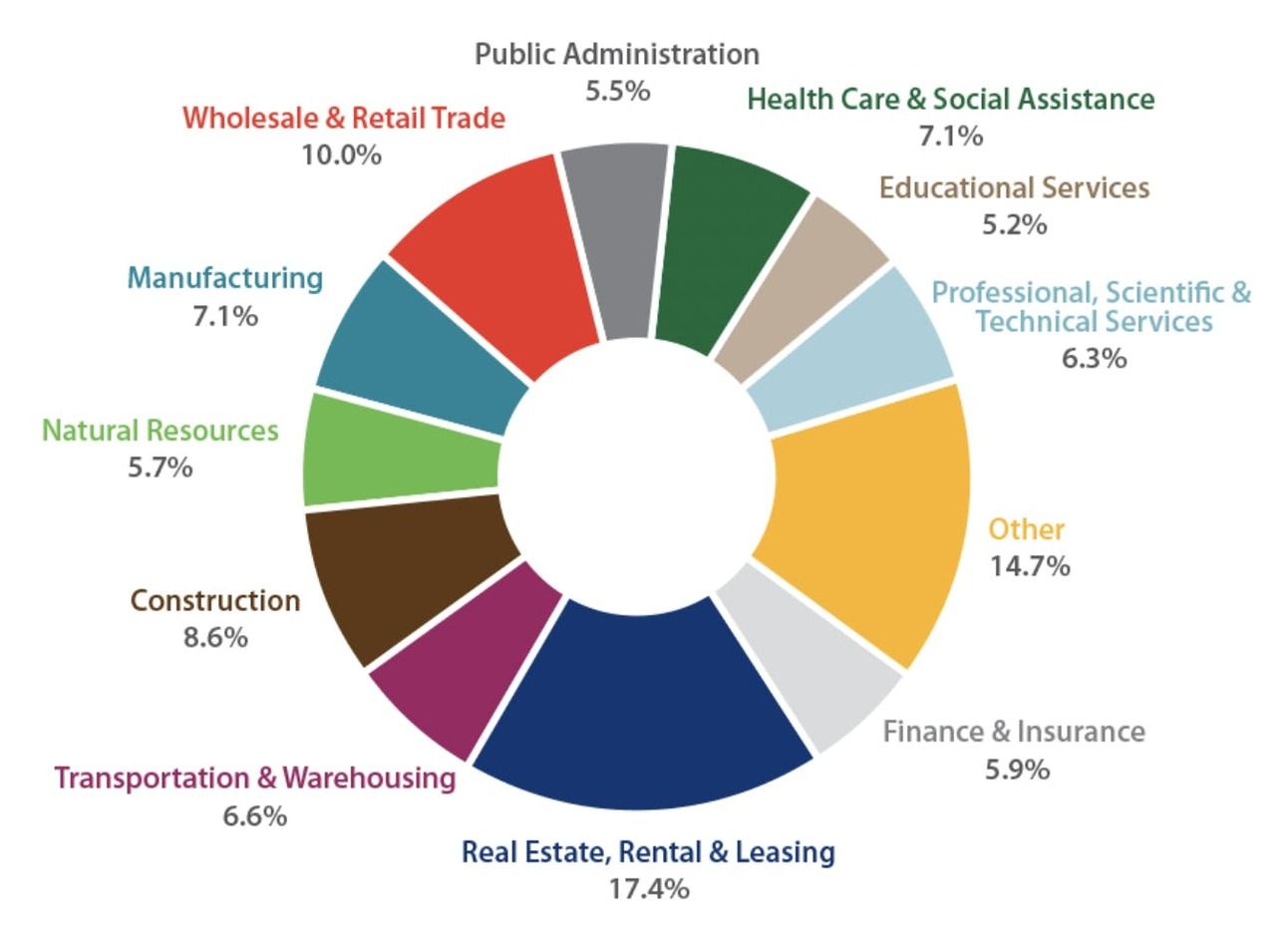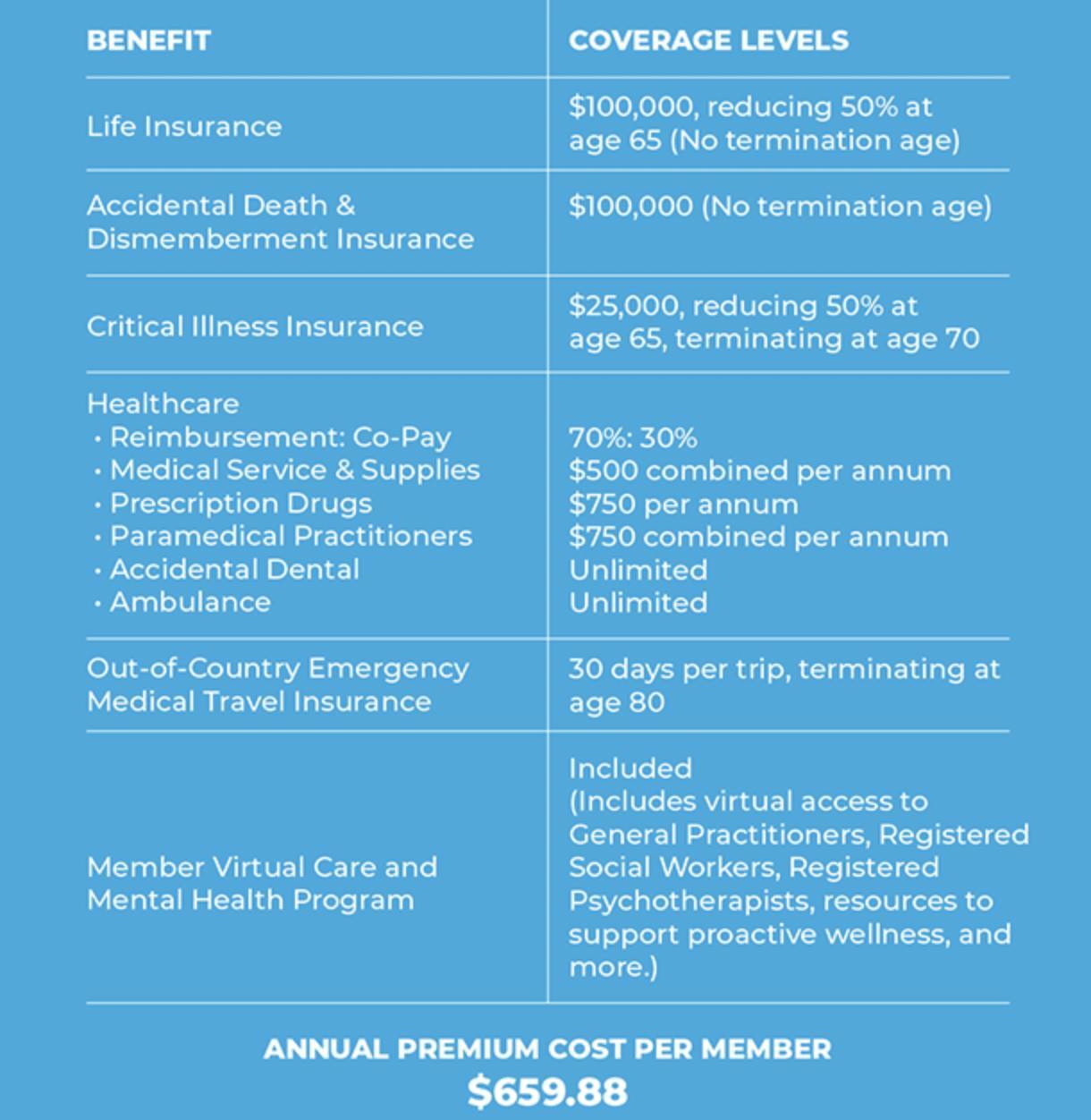- Urban 411
- Posts
- Your Weekly 411: Home Sales Up 11.5% in December | End of Exclusive Listings in Canada |The Ontario Realtor Wellness Program
Your Weekly 411: Home Sales Up 11.5% in December | End of Exclusive Listings in Canada |The Ontario Realtor Wellness Program
The Ontario Realtor Wellness Program

The Weekly 411
TLDR:
📈 Signs of Recovery: Toronto Home Sales Up 11.5% in December
💸 Canada's GDP Housing Dependency
🚫 End of Exclusive Listings in Canada
🧑⚕️ Overview of The Ontario Realtor Wellness Program (ORWP)
📈 Signs of Recovery: Toronto Home Sales Up 11.5% in December
Greater Toronto home sales in December 2023 increased by 11.5% compared to December 2022, signaling a rise in activity.
The average home price in December 2023 reached $1,084,692, marking a 3.2% increase from December 2022.
New listings in December 2023 decreased by 6.6% to 3,886 compared to the same month in the previous year.
Why This Matters: Despite the 12.1% decline in home sales last year, December showed signs of the housing market rebounding.
Participants in the market in 2023 had more options and were able to negotiate lower selling prices. Lower borrowing costs in 2024 will lead to tighter market conditions and contribute to price growth.
💸 Canada's GDP Housing Dependency
Canadian real estate sales continue to be slow, but the country’s economy is heavily reliant on the housing sector.
Residential investment, which measures the direct contribution housing makes to GDP, increased in Q3 2023 according to Statistics Canada.
Canada’s dependence on housing is slipping further as residential investment rose to 7.8% of GDP in Q3 2023, surpassing the level during the 2006 US housing bubble peak.
Why This Matters: Canada’s economy is dangerously concentrated in the housing sector, with policymakers adopting strategies to stimulate demand and further concentrate risk. Comparison with the US shows that Canada’s economic reliance on housing is a significant concern, as the US experienced a correction and diversified its economy after the housing bubble.

Canada's GDP (Gross Domestic Product) By Sector
🚫 End of Exclusive Listings in Canada
The Canadian Real Estate Association (CREA) is cracking down on “exclusive” real estate listings, also known as “pocket” or “off-market” listings.
The new “cooperation policy” by CREA, effective from January 3, requires realtors to add an exclusive listing to the Multiple Listings Service (MLS) within three days of any public marketing.
Most residential real estate transactions in Canada involve MLS, but exceptions exist, particularly in commercial properties and preconstruction contracts for condominium apartments.
The rise of websites providing sold-price data from MLS has led to a desire for more privacy in transactions through exclusive listings.
Why This Matters: Buyers will have access to a broader range of properties, including those that were previously kept off-market. This expanded inventory can be beneficial for buyers seeking unique or hard-to-find properties.
With more buyers having access to the same exclusive listings, the negotiating power of individual buyers may diminish. However, increased demand for these properties could result in competitive bidding scenarios, potentially driving prices higher.
It remains unclear how real estate boards, such as the Toronto Regional Real Estate Board (TRREB), will enforce the new rule.
🧑⚕️ Overview of The Ontario Realtor Wellness Program (ORWP)
The ORWP is a new health benefits program (effective Jan 1 2024) provided by the Ontario Real Estate Association (OREA) for all members.
The program aims to address the lack of private health insurance among realtors by offering a comprehensive benefits package.
The ORWP’s cost is approximately $660 annually for the standard plan, in addition to regular OREA dues of $110.
The ORWP includes
Life insurance
Critical illness insurance
Out-of-country emergency medical travel insurance
Accidental death and dismemberment insurance.
There is also an optional member and family assistance program that provides mental health support and healthcare coverage.
Why This Matters: The ORWP is designed to tackle the common issue of realtors lacking private health insurance. This is crucial as real estate professionals, often considered self-employed, may not have access to employer-sponsored health benefits.
